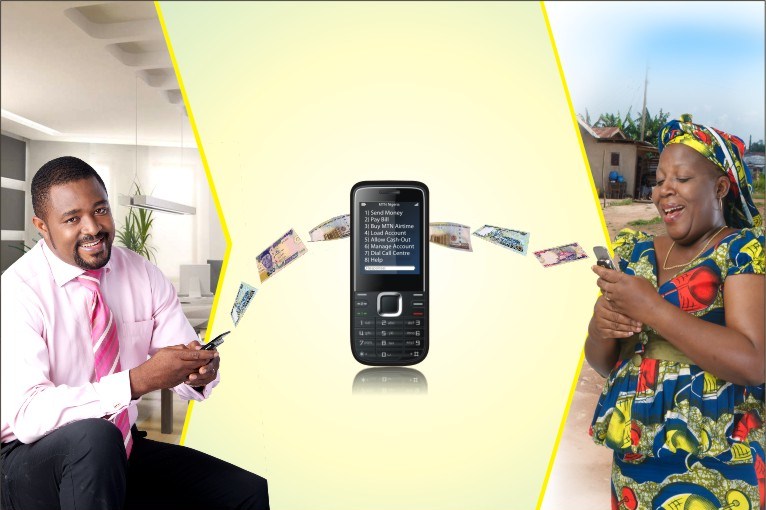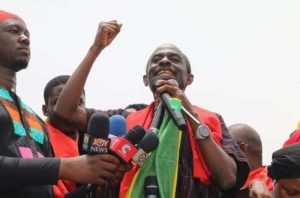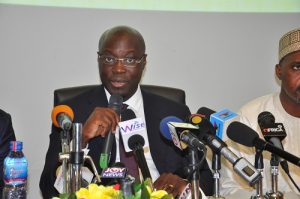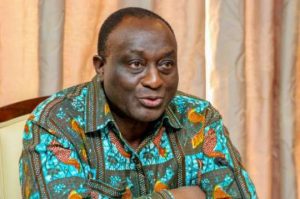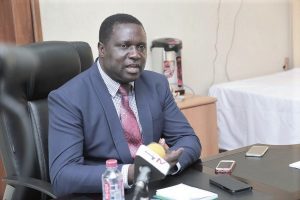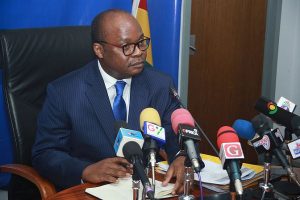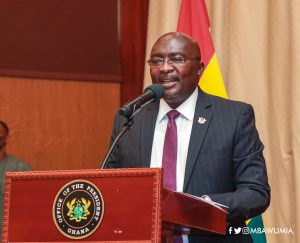The Member of Parliament for Dormaa East, Paul Apreku Twum-Barimah, has rubbished former President John Mahama’s promise to scrap the Electronic Transfer Levy (E-levy) if elected as President.
At the National Democratic Congress’ ‘Ghana at a crossroads’ event held in Accra last week, John Mahama promised to stop Ghanaians from paying the controversial E-levy if his party wins power in 2025.
“A new National Democratic Congress government, God willing, and with the votes of the sovereign people of Ghana in 2025, will repeal the E-levy Act,” said the former President.
Already, the New Patriotic Party has described the promise as a scam.
Also speaking on the matter, the Dormaa East legislator, who’s a member of the NPP, argues that the NDC has no track record of keeping such promises.
“You remember when these NDC guys promised a one-time premium for the National Health Insurance Scheme under the late President Mills when Mahama was his running mate and later Vice President.? What happened to it? Do you remember they said Free SHS was not feasible and later came back to claim it when it was successfully implemented by the Akufo-Addo-led NPP government.? So NDC and John Mahama cannot be taken seriously based on their negative records,” he said
He further warned that a future NDC government will rather increase the rate of the levy to impose harsher economic conditions on Ghanaians.
“They will come and increase the e-levy rate from 1.5 percent to 2 percent and more if we don’t take care and mistakenly give them power,” he said.
He was quick to add that the gains from the levy are already manifesting.
“It has even caused the debt to GDP rate to reduce by some margins; a positive omen for the country which is also helping to boost investor confidence”
The government commenced the implementation of the controversial levy on May 1, 2022, despite widespread condemnation of the tax policy.
The levy was reduced from 1.75% to 1.5% after several protests led by the opposition party, its Members in Parliament, and some civil society groups.
The government had hoped to rake in about GH¢7 billion from the collection of the 1.5% levy on mobile money and other electronic transactions, but the figure was revised downwards to about GH¢4 billion recently.
The opposition NDC had tagged the levy as double taxation and counterproductive but the government had insisted that it was a burden-sharing initiative adopted to shore up the country’s internal revenue instead of depending on foreign aid.

